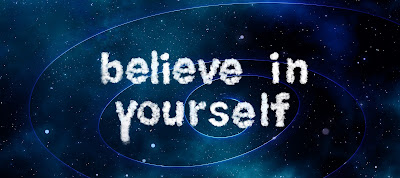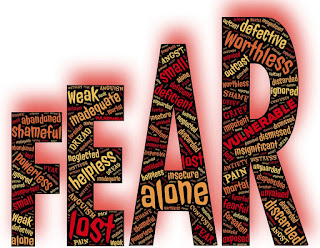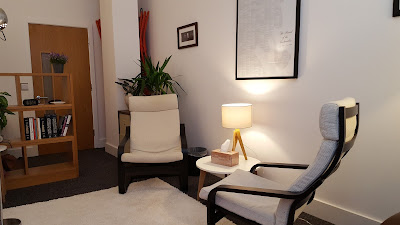I have been going to an early morning gym in the pursuit of fitness and fat loss. Not weight loss, mind you, there lies the ‘wrong attitude’ I understand. Fat is the enemy which I guess means the slow loss of weight I am experiencing is acceptable if rather demotivating. Whilst searching for the right gym for me, I scrolled through many Facebook posts from personal trainers showing the before and after shots of their clients. I decided these were not the trainers for me and shared my horror at the idea to a friend who asked why I cared what others thought. She was right, of course, my discomfort was as much about what others might think as it was about wanting to get fit. So why do we care?
Search for the term thigh gap and page after page
of exercise tips will pop up assuming that it is essential for the perfect
woman. It was mentioned on Naked Attraction, a Channel 4 programme loosely
based on a dating concept where all participants are naked. Their bodies are
viewed and commented upon as though meat in a butchers. Referring to the women,
whose faces were still obscured, the presenter commented on how ‘clean’ they
all were because they had shaved off their pubic hair.
These are powerful messages that are trying to
tell women how they should look. The implication, it appears, is that failure
to comply is to be subnormal, dirty, not perfect. Is it any wonder that body
image is such a driver of anxiety and depression when the concept of perfect
ignores the reality of being us, of being unique.
If you would like to know more about me and how I work therapeutically please click through here.




























